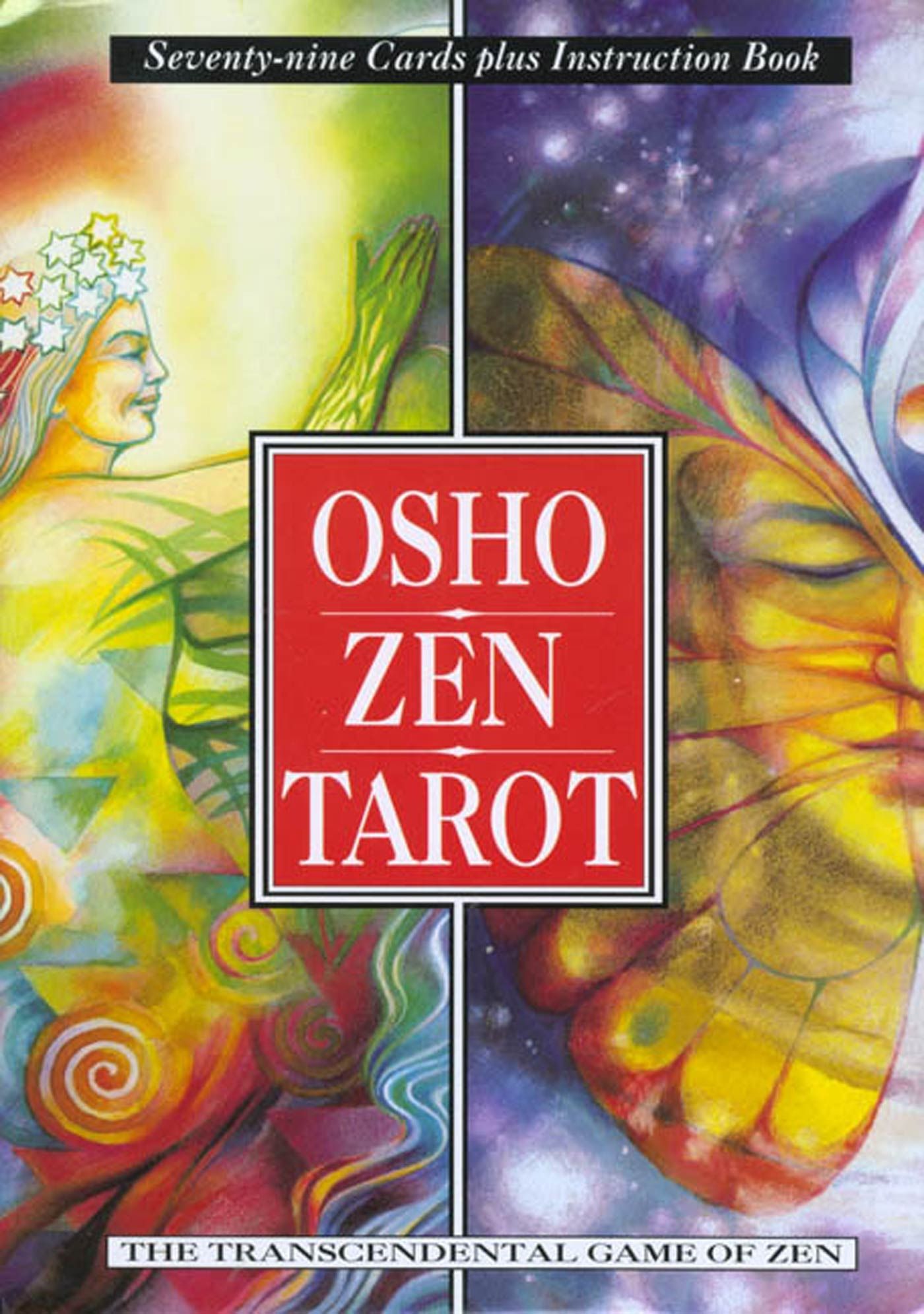The Osho Zen Tarot is a unique blend of Eastern philosophies and Western tarot traditions. Within its vibrant imagery lies a rich tapestry of meanings that diverges significantly from traditional tarot interpretations. While tarot offers insight and guidance, the Osho Zen Tarot emphasizes a transformative journey, aligning in many ways with Christian ideals of spiritual awakening. Understanding the Osho Zen Tarot through a Christian lens encourages a paradigm shift, exploring the interconnectedness of life experiences.
At the core of the Osho Zen Tarot lies the principle of mindfulness. This card deck invites practitioners to engage deeply with the present moment. This concept resonates with the Christian practice of being still and knowing God, as outlined in Psalm 46:10. The cards are devoid of the ominous foretelling often associated with conventional tarot, instead focusing on growth, awareness, and spiritual enlightenment. This perspective can awaken curiosity and prompt a reevaluation of one’s spiritual journey, echoing the Christian call to examine one’s faith and life choices.
Each card in the Osho Zen Tarot serves as a catalyst for introspection. For example, the “The Fool” card illustrates the essence of beginning anew. In the Christian context, this can symbolize the idea of rebirth and renewal through faith, akin to how one is encouraged to embrace new beginnings through Christ. The imagery of a figure on the brink of a cliff, seemingly unaware yet blissfully ignorant, highlights the challenge of stepping into the unknown—a concept prevalent in biblical narratives, such as Abraham’s journey into an uncharted territory guided only by faith.
Conversationally, “The Dream” card encapsulates the essence of aspirations and creativity. It prompts individuals to ponder their dreams while urging them not to lose touch with reality. In the Christian perspective, this card resonates with the parable of the talents (Matthew 25:14-30), illustrating how individuals are tasked with nurturing their gifts. The transformative realization that dreams can align with divine purpose encourages believers to act with intention and zest, fulfilling their God-given potential.
Interwoven within the Osho Zen Tarot is the theme of love and compassion, exemplified in “The Lover” card. This card transcends mere romantic associations, delving deep into the essence of unconditional love. Christianity teaches that God is love, and reflecting on this principle fosters an understanding of holistic love that encompasses all beings. The vibrant imagery and evocative symbolism encourage a broad interpretation of love that challenges individuals to embrace others as they would themselves, fostering empathy and understanding—a vital tenet of Christianity.
Furthermore, “The Paradox” card invites contemplation on the duality present in life. It reflects the Christian understanding of reconciliation—holding the tension between opposing forces, such as grace and judgment. This card emphasizes that life is complex and often defies straightforward answers, reminiscent of the biblical teachings that balance justice with mercy. Embracing this paradox can shift one’s understanding of faith, inviting believers to celebrate the fullness of existence while navigating its contradictions with grace.
Moving on to “The Master” card, one observes a figure that embodies wisdom and understanding. From a Christian standpoint, this card can be likened to the teachings of Jesus, the ultimate Master whose life encompassed profound wisdom and love. The call to seek spiritual mastery pushes individuals to align their lives with Christ’s teachings, enhancing their spiritual journey. This pursuit cultivates patience and humility, encapsulating how one is transformed by seeking to emulate divine wisdom.
The Osho Zen Tarot also illuminates the importance of detachment through “The Witness” card. This card highlights the necessity of observing one’s thoughts and emotions with a discerning eye. In Christianity, this concept aligns closely with the practice of introspection and self-examination, as encouraged in Scriptures. This encourages believers to step back from their predicaments to gain clarity, reminiscent of the stillness often portrayed in biblical meditation, allowing one to align themselves more closely with God’s purpose and guidance.
Moreover, “The Sage” card encourages individuals to seek knowledge while embracing the humility that comes with it. This resonates profoundly with the Christian doctrine of wisdom being a divine gift. The pursuit of wisdom is often underscored in Proverbs, leading to a greater understanding and application of God’s truth in one’s life. The imagery may serve as a reminder to approach learning with an open heart and mind, fostering a dialogue between personal experience and scriptural teachings.
In a broader sense, the Osho Zen Tarot resonates with the idea of interconnectedness, bridging gaps between various spiritual traditions. Just as Christianity emphasizes community and fellowship, the Osho Zen Tarot invites individuals to reflect on their roles within the wider tapestry of existence—reminding them that every experience is interwoven, contributing to a communal journey of discovery. This awareness can effectively transform one’s perspective, opening up avenues for compassion and collaboration.
Finally, integrating the meanings of the Osho Zen Tarot cards through a Christian perspective fosters an exciting exploration of life’s complexities. It piques curiosity and invites believers to embrace a holistic approach to spirituality—one that recognizes the beauty of transformation, the power of love, and the wisdom of observation. The potential for personal growth intertwined with divine purpose creates a rich soil for spiritual flourishing, encouraging individuals to embark on their journey with an open heart and a curious mind.







Leave a Comment